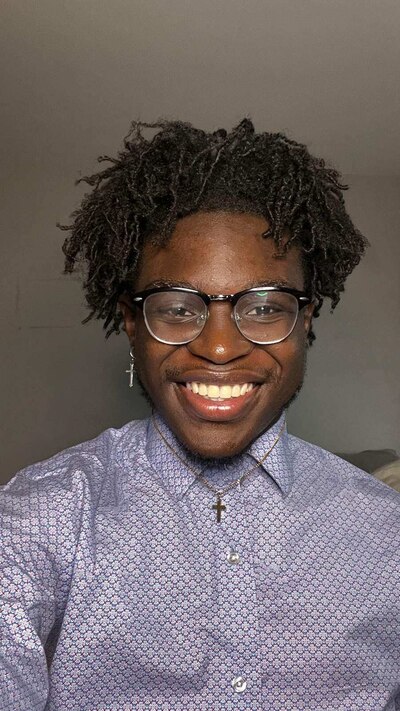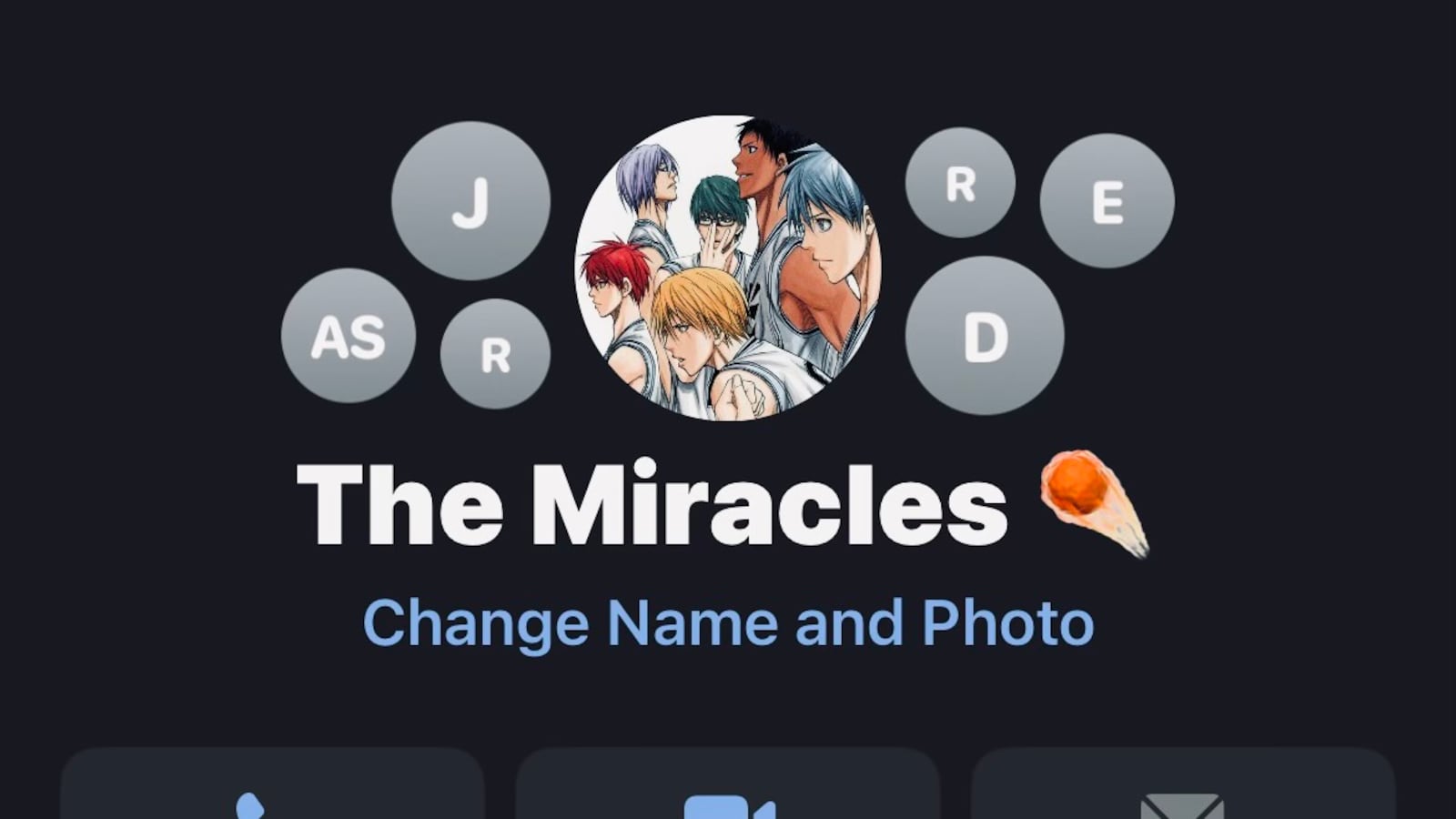Ding! Ding! Ding!
Nothing was more distracting to me than the constant sound of text notifications when I was at the gym. After a while, it became a game for me — the dings keeping pace with my weighted jump rope as it hit the floor. It created a beat of sorts to distract me from the pain. Notifications from the group chat I hadn’t even asked to join in the first place were relentless.

Back then, I didn’t really see the point of the chat. In the years leading up to high school, I had experienced my share of trauma: I had confronted the realities of being a young Black man in today’s society; I had faced down poverty, initially hiding my situation from my peers. In the process, I was determined to rely on the only constant in my life: myself.
I believed that I had to understand myself completely before I could enjoy the company of others. The idea that others could help me figure out or forge parts of my identity never crossed my mind. So I focused on my school work, even when we were learning remotely, and keeping my body in shape at the gym.
The group chat wasn’t a priority, and I mostly ignored it.
But those dings were constant the summer before my junior year of high school. It would be several months before I began casually reading the group chat, surprised to realize that some of the participants shared my interest in basketball and Japanese manga. And here, I thought I’d be the only Black kid at Brooklyn Latin who watched a little anime. But these guys got all the references. Soon, the seven of us were chatting so regularly, we decided we needed a name for our group.
After some back and forth, we named ourselves after the superstar players in the manga “Kuroko’s Basketball.” They called themselves “The Generation of Miracles.” We called ourselves “The Miracles” to symbolize the great potential in each of us and, especially, our collective potential. Together, we shined brighter. We chose a group chat photo from “Kuroko’s Basketball,” and found uncanny similarities between the characters and ourselves. I was the “Aomine” of the group, who was strong and versatile but didn’t like to rely on others.
I did place a high value on independence and self-reliance, and that often meant forgoing group activities. When the rest of the Miracles would set time aside to play basketball or sit together to bond, I mostly opted out to focus on my schoolwork or to craft a new piece of writing. I never considered that my behavior concerned them.
Then one day, in our group chat, I summarized a point one of our favorite rappers had made in an interview. He just said that if he changed his name to Muhammad, people would “accept his new name before questioning why he changed it to something so significant,” I explained. In my reading, he was highlighting the lack of engagement and empathy in today’s society, which can cause misunderstandings between groups of people. I was expecting a resounding “MMMM” in acknowledgment of this idea. I couldn’t have been more wrong.
Ding! “You are literally the ones he’s talking about,” one of my friends responded. “Enoch is that person. He’s too prideful to ask.” Ding! “Your ego is sky high, but your humility is very low,” another friend weighed in. Others on the text chain agreed.
I did place a high value on independence and self-reliance, and that often meant forgoing group activities.
I was genuinely confused. What did that quote have to do with ego? And how did sharing a quote turn into a bashing fest, targeting me? I was dismissive and defensive, and I concluded that they don’t know me as well as I know myself.
In quiet moments, though, I wondered how much validity there was to what my friends were telling me. I asked my partner to “give it to me straight.” Gently, she validated what my friends had been saying. What I saw as self-reliance and self-preservation born of past trauma sometimes came off as self-centeredness and a lack of interest in others. I understood now that my friends’ reactions to the quote weren’t malicious. They weren’t trying to pick on me. They cared about me, and they wanted me to consider how my actions affected others.
In a world full of hardships, we may try to shield ourselves from the judgments and distractions of others. But sometimes the protective shield also blocks us from making progress. The Miracles taught me that growth sometimes requires humility, letting our guard down, and listening to those we trust.
I had long lived by the adage that “the most consistent person in your life is yourself.” I still believe that, but also I know that I’m not the only person I need. Those “dings!” — I understand now that they serve a purpose.
Enoch Naklen is a senior at The Brooklyn Latin School and a Chalkbeat Student Voices Fellow. He encourages young adults to have challenging conversations.


